In a few months, the stolen election narratives will start in earnest. There was one in 2020, of course, but there had been another in 2016, a liberal myth about Russian interference stealing victory from Hillary Clinton. Disgruntled Democrats similarly said the Republican president before Trump was “selected, not elected” — put in office by the Supreme Court, not voters. Claiming that Barack Obama wasn’t a natural-born citizen of the United States, as “birther” Republicans did in 2008 and 2012, was another variation on the stolen-election theme.
Even when elections run smoothly, ideologues easily find cause for complaint. Discontents can even apply to foreign elections. Right-wing Americans who paid attention to the French and British elections in June and July found grounds to say populist parties were cheated out of representation they had earned. Marine Le Pen’s Rassemblement National was done dirty by a coalition of left, center and even center-right parties that strategically concentrated their votes behind the single most viable candidate in districts that Le Pen’s party might have won. As a result, RN was the party with the highest share of the vote in the election’s second round, but came away with only the third largest representation in the legislature.
Nigel Farage’s Reform UK Party similarly didn’t get the seats to which it might have seemed entitled from its vote total. Reform won more than 14 percent of the vote but wound up with only five seats in the House of Commons — less than 1 percent of MPs. But do those who say Rassemblement National and Reform were robbed think that Al Gore and Hillary Clinton should have won the White House?
All systems of representative democracy are prey to certain distortions. Proportional representation in awarding legislative seats often leads to political fragmentation and unstable coalition governments, whose very instability is a clear sign they don’t enjoy adequate popular legitimacy. It’s simply that in such splintered systems other parties and coalitions have even less of a popular mandate than whatever Frankenstein team-up holds power at a given moment.
Even so, the Electoral College that actually decides US presidential elections is exceptionally hard to understand in light of conventional prejudices about how democracy is supposed to work. Whoever gets the most votes wins — isn’t that democracy?
Most Americans would probably say so, although once some of them start to object that rights must be protected from majority tyranny, the question immediately becomes complicated. Even well-educated citizens don’t think very clearly about the implications of this caveat. To say that rights must prevail against majority opinion means that some force that is less than a majority must be able to overcome the votes of a superior number of citizens. And if some minority or single individual has a better understanding of the most fundamental concerns of government — rights — than the public at large has, then democracy doesn’t make any sense.
If the people can’t be trusted with the most important matters, then someone else does have to be trusted with them, and that person or persons is effectively sovereign. This is rule by the few, not the many: oligarchy, not democracy. There are progressives, centrist liberals and even conservatives who tacitly endorse oligarchy — always assuming, of course, that people who share their own opinions are the ones entitled to be oligarchs.
The Electoral College isn’t oligarchical, and in fact none of our constitutional institutions is. They’re all grounded in popular approval, but with popular opinion moderated by time and geography. Geography, of course, plays the biggest moderating role, by making all elections local rather than national: even a presidential election is really fifty state elections (and one in the federal district of Washington, DC).
The distortion that creeps into this system arises from the fact that political geography itself is given representation, not just individual voters. This is how it’s possible to win the Electoral College without winning the popular vote: every state’s representation in the college is equal to its representation in the House and Senate together — and since small states have as many senators as large ones, that overrepresentation relative to population carries over to the Electoral College, too.
Democrats tend to be hostile to the Electoral College for two reasons. The first, obviously, is that it’s cost them two presidential elections in the last twenty-five years and may cost them a third this time. But Democrats, or at least the party’s progressive vanguard, are also uncomfortable with the very principle of localized government. Why should geography, rather than just people, have any weight at all in representation?
Yet the problem progressives have with local government doesn’t stop there — it extends to the nation-state itself, whose borders and distinctions between citizens and aliens appear irrational and immoral to them. If human rights are universal, and they are what justify the very existence of government, then government should have a universal jurisdiction to enforce human rights. This dogma underlies progressives’ foreign-policy interventionism as well as their open-borders predilections. It also implies that there ought to be such a thing as a world government — and if that isn’t democratically feasible, with elections held worldwide, then a self-appointed oligarchy of human-rights champions will have to take up the task.
Elections are messy, and partisans on both sides of our political divide can be sore losers. But the deepest threat to democracy in our time comes from progressives who reject localized self-government itself. Be thankful when the Electoral College frustrates them.
This article was originally published in The Spectator’s September 2024 World edition.



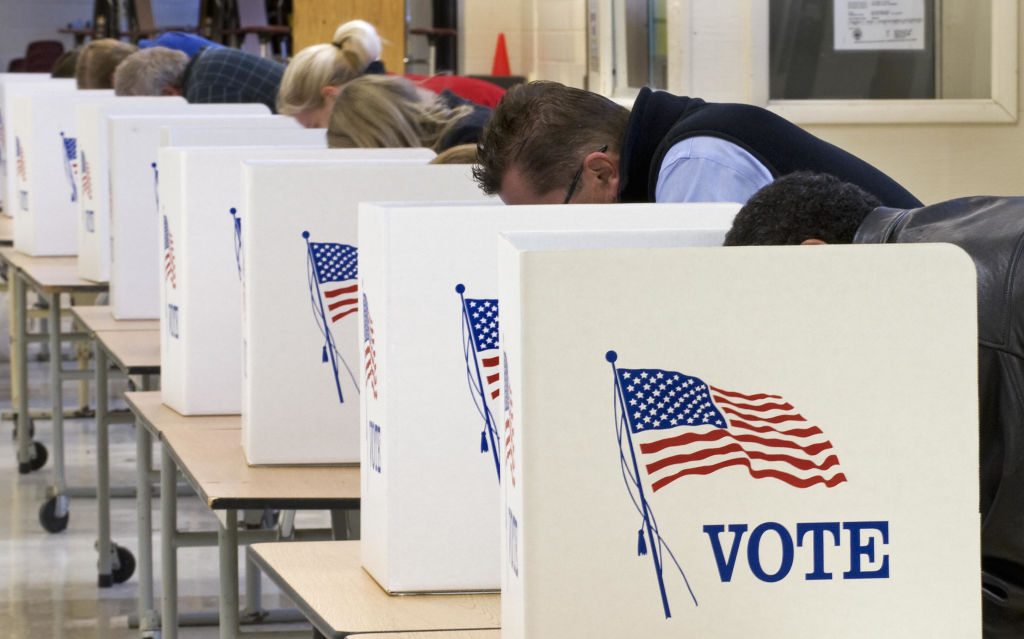







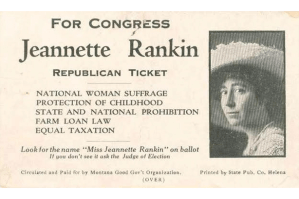


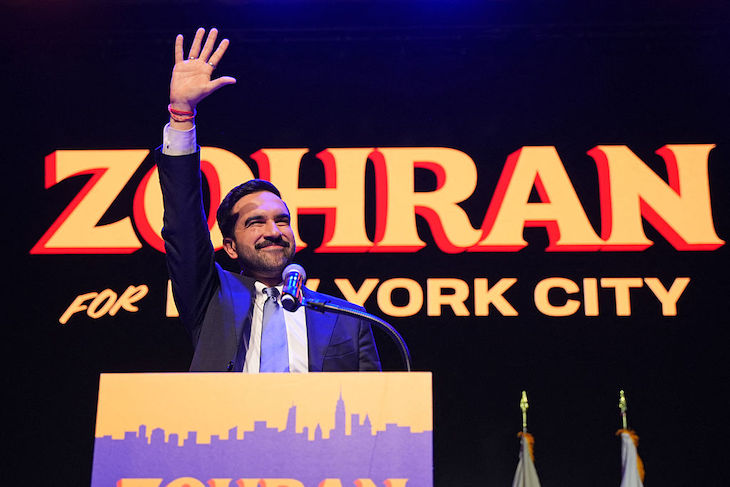

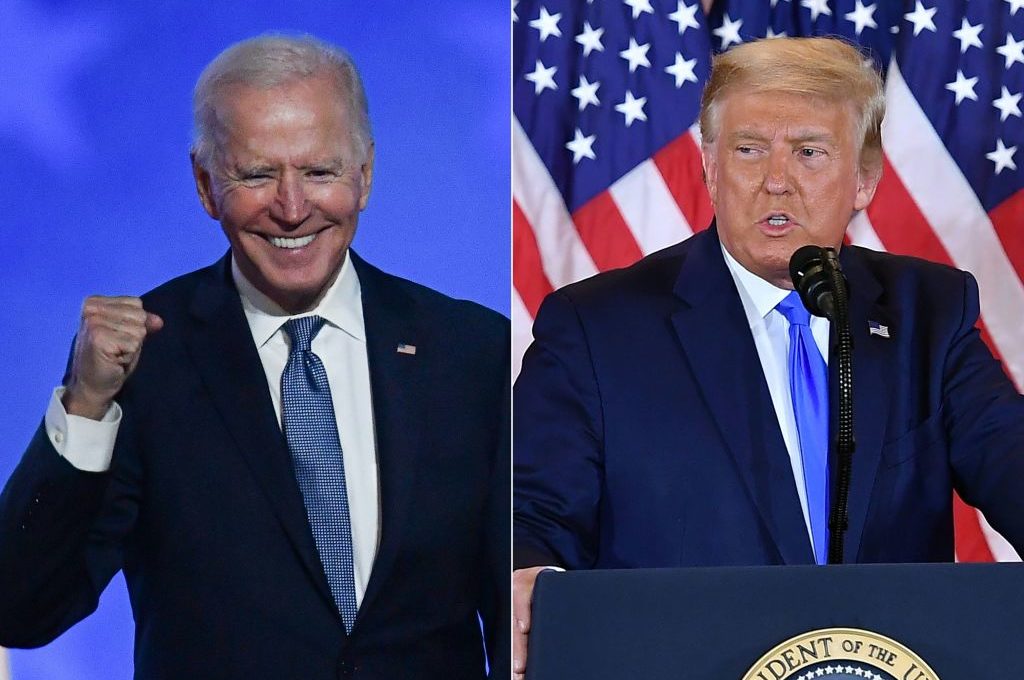
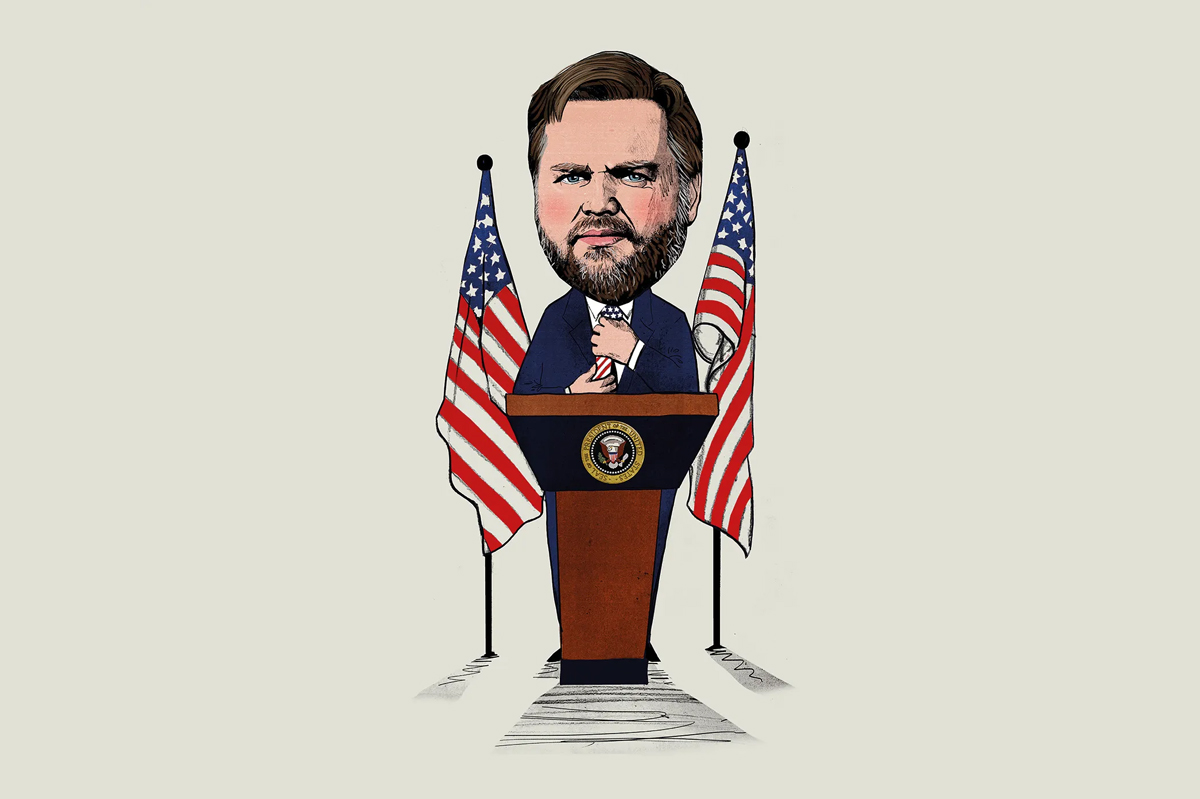
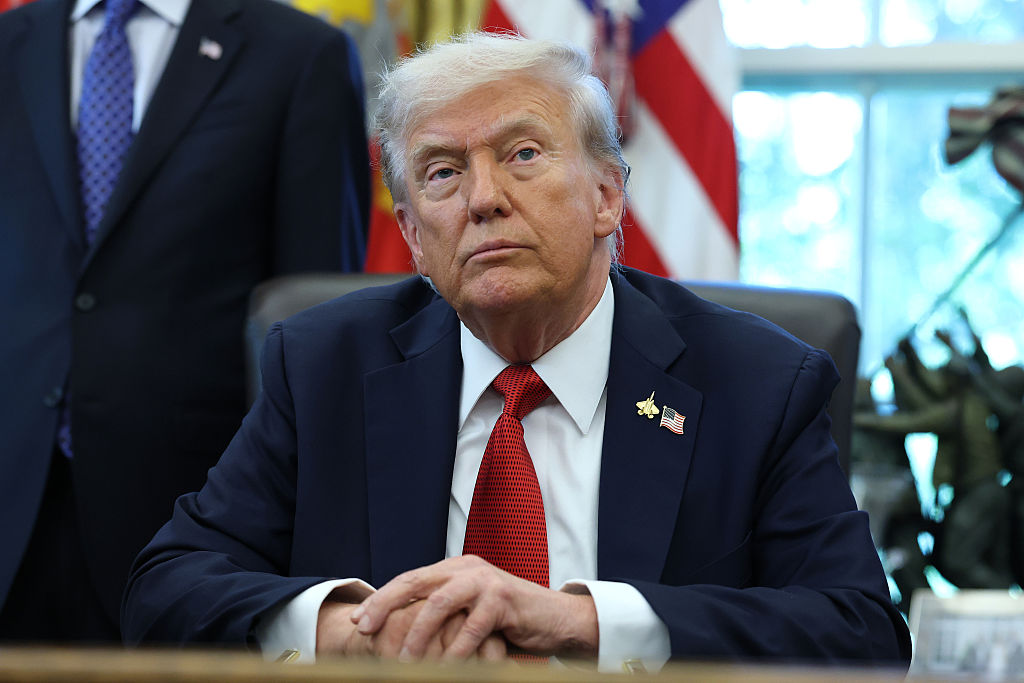







Leave a Reply